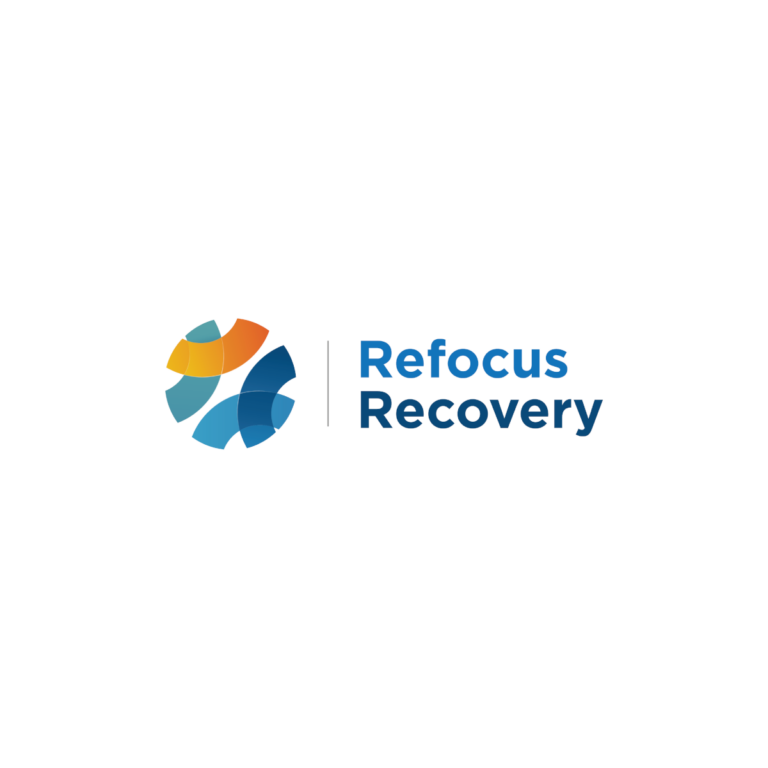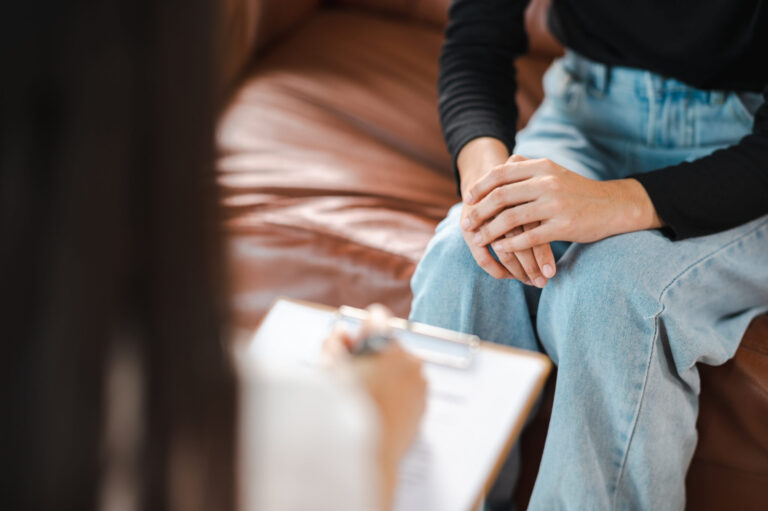Relapse in addiction recovery is something that we see many people experiencing. While not everyone relapses, 40-60% of individuals in recovery go through a relapse at some point along their journey. Relapse occurs after an individual is triggered to return to use, you can read some common relapse triggers here. Learning to avoid or cope with triggers, and familiarizing yourself with potential signs of relapse are two ways you can decrease the likelihood of addiction relapse. Although there are ways to reduce the chances of relapse, sometimes it just happens. In this post we’re going to discuss what to do when addiction relapse DOES happen, and how you can get back on track with your recovery after the fact.
What is Addiction Relapse, and How Does it Happen?
A relapse happens when a person stops maintaining his or her goal of reducing or avoiding use of alcohol or other drugs and returns to previous levels of use. While the risk of addiction relapse is greatest in the first 90 days of recovery, relapse can happen at any time.
Relapse in addiction recovery does not determine your overall success or failure, and only reflects the difficulty of resisting a return to heavy substance use someone might experience when faced with triggers. It’s important to note that relapse is inherently different from a lapse or slip-up – relapse is a return to the previous heavy use an individual participated in prior to treatment or a commitment to change. A slip-up or lapse refers to a short-lived return to use after experiencing a triggering event. Understanding addiction relapse is imperative to creating an open dialogue surrounding relapse, thus affecting how individuals experiencing relapse can return to their healthy recovery. You can pull yourself out of relapse. Let’s explore some ways to get back on track below.
How to Uphold Your Healthy Recovery After a Relapse
Reach Out For Support Seek out support from trusted individuals – friends, family, other individuals in recovery, Peer Recovery Specialists (PRSs) or your healthcare provider are a few examples of who you can turn to for help. After relapsing, you will need to begin coping with this experience and leaning on those you can trust can help you do this in a healthy manner.
Enter Into a Program This might not be necessary for everyone post-relapse, but it might be the answer for you. Are you finding it extremely difficult to find the motivation to stay in recovery? Maybe you’ve had multiple relapses and are finding that your recovery plan is not working effectively. If this is true, it might be time to consider entering a program. There are many options available – speak with one of our PRSs to find out which options are available to you now, or schedule an assessment with an LADC to get professional recommendations regarding your options.
Attend Group Even if you hadn’t before, attending a recovery group session can be extremely helpful post relapse. Surrounding yourself with others who have shared experiences can strengthen your recovery network while creating a safe environment for healing conversations around addiction.
Reassess Your Triggers and Boundaries Whether you’re working with a PRS and have a recovery wellness plan, or have worked through your triggers solo – it might be time to reevaluate. Considering that relapse occurs after encountering a triggering event, you may need to find a healthier approach to coping with your triggers. For example, were you in a stressful family environment right before you relapsed? Setting a firm boundary around how long you stay in a family environment when things get heavy might be a more effective way to cope with this trigger.
Consider a Relapse Prevention Plan Especially if you’ve experienced multiple relapses, having a prevention plan is a vital tool for those in recovery. After determining your triggers, reflect on your relapse a bit. When you encountered this relapse trigger, who could you have called? Could you have asked them to pick you up to remove yourself from the environment? Would it have helped to attend a meeting after this triggering event? The more specific to your situation, the better. PRSs are one resource that can assist you in creating a relapse prevention plan, talk to one now!
You Can Still Be Successful in Recovery
Experiencing addiction relapse does not determine your overall success in recovery. As recovery is a complex matter, it is limiting to believe that relapse is equivalent to failure. Considering how many individuals in recovery experience relapse, it would be careless to disregard how common, and sometimes unavoidable, relapse truly is. With this post, we aim to raise awareness around addiction relapse, and to open up the conversation surrounding this topic. The more comfortable the recovery community becomes with speaking on this issue, the easier it will be to work towards reducing the overall relapse rate.
Receive Support From a PRS Now!
If you are in need of further support, consider working alongside a PRS. PRSs can help you identify your triggers, decide on preventative tools, and determine your goals to keep you focused on recovery long-term. Talk with a PRS now and start creating your recovery wellness plan!
Sources:
ADF. “Reducing Risk: Relapse.” Alcohol and Drug Foundation, 2022. https://adf.org.au/reducing-risk/relapse/.
Accessed 11 January 2023.
Caron. “Behind the Numbers: What Relapse Rates Really Tell Us.” Caron, 2022. https://www.caron.org/blog/what-relapse-rates-really-tell-us.
Accessed 11 January 2023.
Psychology Today. “Relapse: What Does a Relapse Mean?” Psychology Today, 2023. https://www.psychologytoday.com/us/basics/relapse#:~:text=The%20risk%20of%20relapse%20is,after%20the%20first%2090%20days.
Accessed 11 January 2023.





